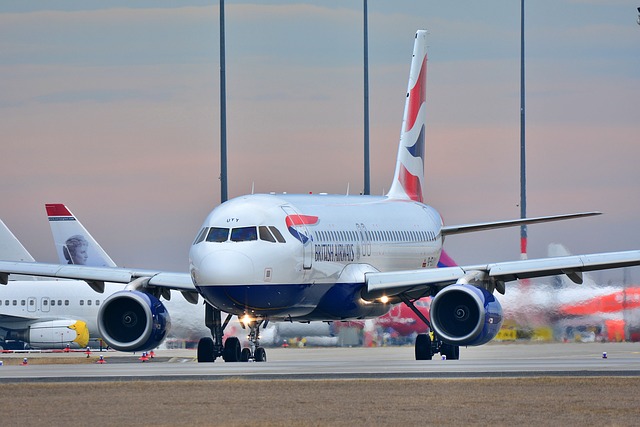Insights into Aviation Training for English Speakers in Germany
Individuals residing in Germany and fluent in English may consider the aviation sector as a viable career path. This industry is experiencing growth, and understanding its working conditions is essential. Various training programs are available that provide insights into the operational aspects of aviation, equipping individuals with the necessary skills to navigate this dynamic field.

Germany stands as a prominent hub for aviation education in Europe, attracting international students and professionals seeking comprehensive training programs. The country’s aviation training infrastructure combines rigorous academic standards with practical experience, supported by partnerships with major airlines and aerospace manufacturers. English-speaking candidates benefit from numerous programs designed to accommodate international participants while meeting strict European Aviation Safety Agency standards.
Understanding the Aviation Industry in Germany
Germany’s aviation sector encompasses major airlines like Lufthansa Group, cargo operations, aircraft manufacturing through Airbus facilities, and extensive maintenance, repair, and overhaul services. The industry employs over 230,000 professionals across various specializations, from flight operations to ground services. Training institutions collaborate closely with industry partners, ensuring curricula align with current market demands and technological advancements. The sector’s stability and growth trajectory make it attractive for career development, particularly given Germany’s central location for European air traffic.
Requirements for Entering the Aviation Sector
Entry requirements vary significantly depending on the chosen aviation path. Commercial pilot training typically requires completion of secondary education, medical certification meeting EASA Class 1 standards, and English proficiency demonstrated through ICAO Level 4 certification. Aircraft maintenance programs generally require technical education backgrounds or relevant work experience. International candidates must navigate visa requirements, with EU citizens enjoying simplified processes while non-EU applicants need appropriate study or work permits. Age restrictions apply to certain licenses, with commercial pilot training generally requiring candidates to be at least 18 years old.
Career Conditions and Growth in Aviation
Aviation careers in Germany offer diverse progression paths with competitive compensation structures. Pilots typically begin with regional airlines or flight training organizations before advancing to major carriers. Aircraft maintenance technicians can specialize in specific aircraft types or advance to supervisory roles. The industry faces ongoing pilot shortages, creating favorable employment conditions for qualified candidates. Work schedules vary considerably, with pilots experiencing irregular hours and international travel, while maintenance professionals often work shift patterns. Professional development opportunities include type ratings, instructor qualifications, and management training programs.
| Training Program | Provider | Duration | Cost Estimation |
|---|---|---|---|
| ATPL Integrated Course | European Flight Training | 18-24 months | €80,000-€120,000 |
| Aircraft Maintenance License | Lufthansa Technical Training | 2-3 years | €15,000-€25,000 |
| Private Pilot License | Local Flying Clubs | 6-12 months | €8,000-€12,000 |
| Helicopter Pilot Training | Specialized Schools | 12-18 months | €60,000-€90,000 |
Prices, rates, or cost estimates mentioned in this article are based on the latest available information but may change over time. Independent research is advised before making financial decisions.
Training quality varies among providers, with established institutions offering comprehensive support services including accommodation assistance, career guidance, and industry networking opportunities. Many programs incorporate simulator training using advanced equipment that replicates real-world conditions. Language support services help international students adapt to technical terminology while maintaining English as the primary instruction language in many courses.
Financing options include traditional loans, airline-sponsored training programs with employment commitments, and government-backed education funding for eligible candidates. Some airlines offer cadet programs combining training with guaranteed employment upon successful completion. These arrangements typically involve multi-year contracts but provide clear career progression paths.
The German aviation training environment emphasizes safety culture, regulatory compliance, and technical excellence. Graduates benefit from recognition throughout Europe and often globally, depending on specific certifications obtained. Industry connections developed during training frequently lead to employment opportunities, with many institutions maintaining active alumni networks and industry partnerships that facilitate job placement assistance.




